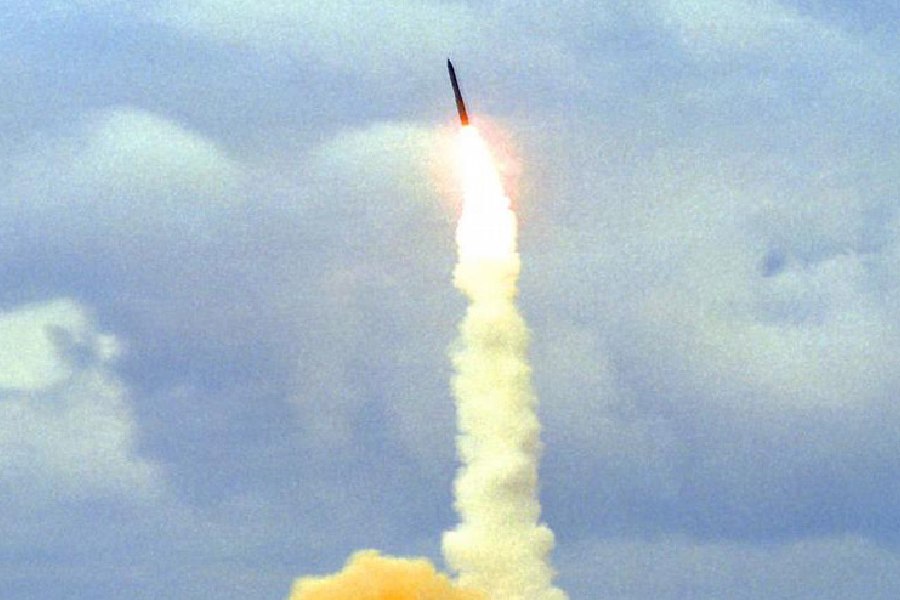Syria said Israeli forces launched simultaneous missile attacks on the airports in its capital Damascus and the northern city of Aleppo on Thursday, damaging the runways and putting both hubs out of service.
A Syrian military source cited by state news agency Sana said “bursts of missiles” hit the two airports at the same time, in what he said was a bid to distract the world’s attention from Israel’s war with Hamas militants in Gaza.
The Israeli military said it does not comment on such reports.
Israel has for years carried out strikes against what it has described as Iran-linked targets in Syria, including against the Aleppo and Damascus airports.
Sources have said strikes on the airports are intended to disrupt Iranian supply lines to Syria, where Tehran’s influence has grown since it began supporting President Bashar al-Assad in the civil war that started in 2011.
Thursday’s strikes came a day before Iran’s foreign minister, Hossein Amirabdollahian, was due to visit Syria.
Israel has vowed to annihilate the Hamas movement that rules the Gaza Strip, in retribution for the deadliest attack on civilians in its history when hundreds of gunmen crossed the barrier and rampaged through Israeli towns on Saturday. Tehran has celebrated the Hamas attacks but denied being behind them.
On Tuesday, Israeli troops fired artillery and mortar shells towards Syria after rockets from southern Syria hit Israeli positions across the border.
Jittery northern front
The villages along Israel’s northern border with Lebanon have become ghost towns, as most of their residents have already gone south. Army reservists have taken their place, on high alert and standing guard at the locked electronic gates of their communities and at new checkpoints along the roads.
Any civilians left in the villages on Wednesday were bracing for the possible opening of a new front. People rushed in and out of the few stores that remained open. With every rumble, eyes darted upwards to scan the skies. The atmosphere bristled with fear.
“It’s terrifying,” said Michael Fakin, 33, who distributes newspapers and has lived most of his life in Shlomi, a working-class town of about 7,000 people close to the border with Lebanon. “It’s nerve-wracking even to walk around my neighborhood,” he said, having just made a quick run to the only store that was open “for ice cream and caffeine”.
Around noon on Wednesday, the Lebanese Shia group Hezbollah took responsibility for firing an anti-tank missile at an Israeli military position at Arab Al Aramshe, an Israeli-Bedouin border village in western Galilee. Israeli aircraft responded by destroying a Hezbollah observation post. At dusk, sirens wailed all along the northern frontier amid rumours of swarms of drones entering Israeli airspace, setting the whole country on edge.
That, the military said, turned out to be a false alarm.
Israelis have long been dreading another war with Hezbollah, which has proved to be a formidable enemy in the past. A taut quiet has prevailed since the last conflict, in 2006, which began with a cross-border raid by Hezbollah and the abduction of two Israeli soldiers. It ended a month later, with some 165 Israelis dead, and more than 1,000 dead on the Lebanese side.
The expectation has been that Israel’s next all-out war would start here.
New York Times News Service










